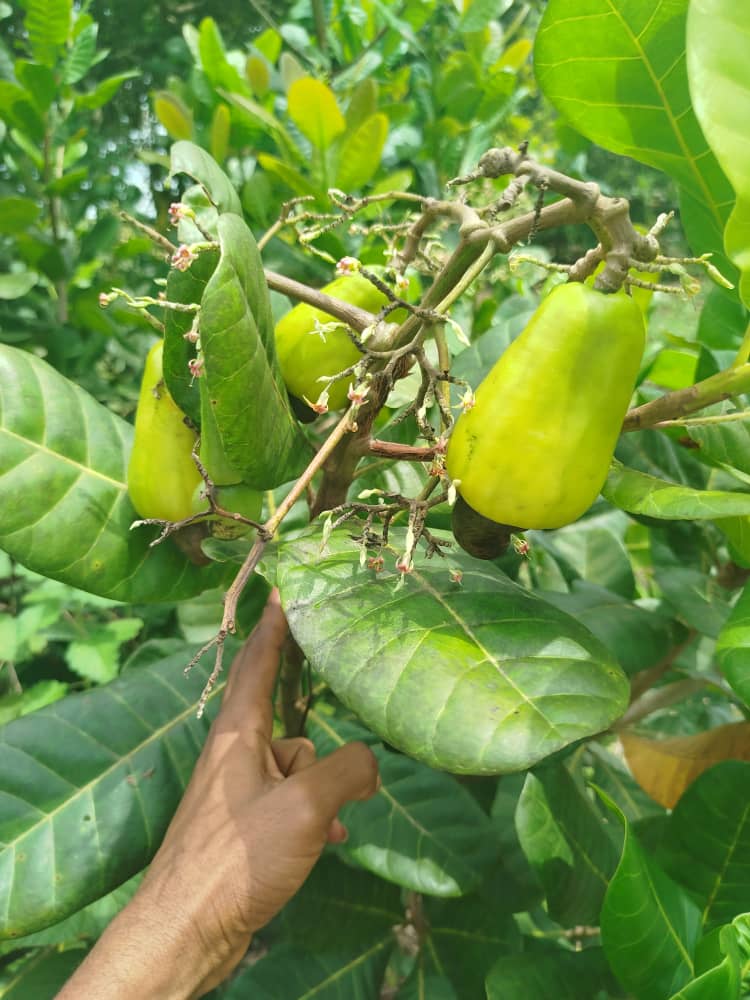The cashew industry has a vital role in the economies of many African countries, particularly in West and East Africa. However, the industry also faces significant challenges, including poor yields, low-quality products, and limited processing capacity. One area that the industry must prioritize to address these challenges is environmentally sustainable practices.
Environmental sustainability is crucial in the cashew industry because it has the potential to reduce waste, increase efficiency, and drive down carbon emissions. Additionally, environmentally sustainable practices can help preserve the natural resources that cashew farmers rely on, such as water and soil.
One of the most important environmental practices in the cashew industry is responsible water management. Water is an essential resource in cashew farming, and farmers must use it efficiently to ensure a sustainable future for the industry. Cashew farmers can implement a variety of water management techniques, such as drip irrigation, rainwater harvesting, and the use of drought-resistant cashew varieties, to minimize water waste and conserve resources.
Another crucial practice in the cashew industry is responsible soil management. Soil erosion is a significant challenge in cashew farming, and farmers must implement techniques to prevent soil erosion and promote soil health. These techniques include planting cover crops, using crop rotation, and practicing minimum tillage.
Cashew farmers can also benefit from environmentally sustainable post-harvest handling and storage solutions. These solutions can help reduce waste and increase the efficiency of the cashew value chain. For example, cashew farmers can use solar drying techniques to dry their cashews, reducing the need for fuel and decreasing carbon emissions.
Implementing environmentally sustainable practices in the cashew industry is not only essential for preserving natural resources but also for ensuring the long-term viability of the industry. By adopting sustainable practices, cashew farmers can increase their yields, improve the quality of their products, and reduce costs. Additionally, sustainable practices can help cashew farmers adapt to changing environmental conditions, such as droughts or floods, and mitigate the risks associated with climate change.
The importance of environmentally sustainable practices in the cashew industry cannot be overstated. Implementing sustainable practices can help reduce waste, increase efficiency, and drive down carbon emissions. Additionally, sustainable practices can help preserve the natural resources that cashew farmers rely on and ensure the long-term viability of the industry. By prioritizing environmentally sustainable practices, the cashew industry can promote economic growth, social responsibility, and environmental sustainability in Africa.




